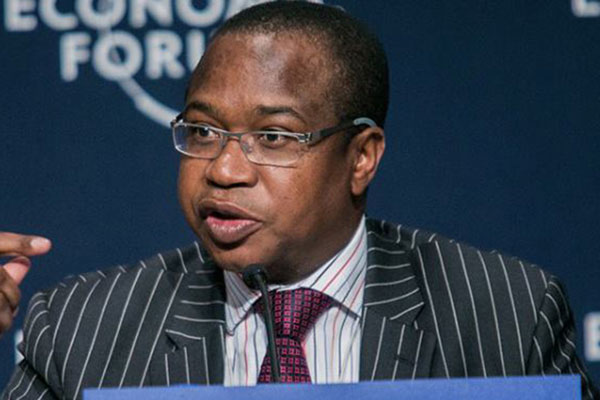
The Zimbabwe Statistical Agency has rebased some of its economic statistics, in an unexpected move that finance minister Mthuli Ncube said on Friday had increased the nominal size of the struggling economy by more than 40%.
By MacDonald Dzirutwe
Also announcing plans to cut the civil service, privatise key firms and repay part of arrears to foreign lenders, Ncube said the data adjustment had boosted annual gross domestic product to $25,8 billion from around $18 billion.
Ncube said the new calculations took into account the large informal sector for the first time and had turned Zimbabwe into a lower-middle income nation.
“Our economy is bigger than we think,” Ncube told reporters in Harare.
Harare-based consultant economist John Robertson called the rebasing “an exercise in deception”.
“…They are trying to factor in the informal sector, but it’s misleading because people in Zimbabwe are poorer than before,” he said.
The country has an official unemployment rate of more than 80% and most of its citizens survive through informal trading, including hawking wares on the street — a legacy of decades of economic mismanagement under Robert Mugabe, who was ousted in a bloodless coup in November.
- Chamisa under fire over US$120K donation
- Mavhunga puts DeMbare into Chibuku quarterfinals
- Pension funds bet on Cabora Bassa oilfields
- Councils defy govt fire tender directive
Keep Reading
Most governments overhaul GDP calculations every few years to reflect changes in output and consumption, such as mobile phones and internet-related activity. Zimbabwe last adjusted its figures in 2009, the year it dropped its hyperinflation-hit currency in favour of the dollar.
Also launching an economic recovery programme, Ncube said Zimbabwe was ready to cut its bloated civil service, which accounts for more than 90% of public spending and is a major source of friction with donors and investors.
“Trying to restructure your workforce is never easy… but (it’s) still necessary,” he said.
Ncube will present the programme, along with plans to clear more than $2 billion in arrears to foreign lenders, at meetings of the International Monetary Fund and World Bank in Indonesia next week.
Zimbabwe is facing acute shortages of dollars, which has affected supplies of medicines, Ncube said, while long queues of fuel were seen in the capital Harare last week.
Bidding to reduce spending, the government also plans to sell off state-owned companies, including the telecoms operator, in the next six months, and is debating downsizing government perks.
Zimbabwe’s budget deficit swelled in the first half of this year after government spending spiralled ahead of an election in July. Ncube said he was working to stop the “bleeding”.
The government was “fine-tuning” a 2% tax on all electronic payments announced on Monday, Ncube said, after citizens condemned the move that has led to increases in prices of some goods.
Ncube said the government would also reform laws restricting media freedoms and anti-government protests, a key demand by the United States, which has yet to drop sanctions that were imposed during Mugabe’s authoritarian rule. — Reuters











